Description
Composition:
Each 1 ml ampoule contains:
-
Atropine Sulphate 0.6 mg
Therapeutic Class: Anticholinergic / Antimuscarinic Agent
(Indicated for use in bradycardia, pre-anesthetic medication, organophosphate poisoning, and as an antidote in certain poisonings)
The intravenous administration of Atropine Sulphate Injection is an emergency measure in the event of a life-threatening condition. Pre-surgical medication anesthetization, poisoning and bradycardia are all aided by Atropine Sulphate Injection. It should also be noted that the injection relaxes the muscles put in control by the parasympathetic nervous system, bringing the body back to a normal state and working appropriately.
Atropine Sulphate’s quick actions make this injection a must in the ICU, emergency department and ambulance. This drug’s capability to reverse the harmful effects of bradycardia makes it useful in supporting health professionals all over the world. Knowing the uses, dosages and side effects of this injection reflects the significance of its use in surgery and medicine.
Atropine Sulphate Mechanism of Action
The mechanism of blocking acetylcholine, a neurotransmitter essential to involuntary functions such as heart functioning, digestion and salivation, is through which sulphate atropine acts. Blocking acetylcholine leads to:
- Speeding up of the heart rate in bradycardia patients.
- A decrease in respiratory secretions and over-salivation during an operation.
- A compromise of nerve agents, pesticides and insect poisons.
- Dilation of pupils in eye surgery or examination.
This is the reason why Atropine Sulphate Injection is such a powerful medicine in emergencies and in surgery, because of the mechanism, its use in emergencies becomes greatly easier.
Dosing and Administration
This is administered routinely by IV (Intravenous) or IM (Intramuscular) routes by nurses or other trained medical staff. The dosage also depends on the disease being treated:
- Bradycardia: 0.5 mg given by IV every 3-5 minutes till a maximum dose of 3 mg.
- Poisoning: Initial dose of 1-2 mg given IV every 5-15 minutes till the patient improves.
- Prior to Anesthesia: 0.4-0.6 mg IM for surgery.
- Since Atropine sulphate injection is a strong drug, it can be used only under strict medical supervision with respect to the proper amount and to avoid accidents.
Uses of Atropine Sulphate Injection
Treats Bradycardia (Slow Heart Rate): Bradycardia is a medical condition where the heart rate is extremely low. It causes symptoms such as dizziness, fainting and in extreme cases may result in cardiac arrest. It is administered as an emergency drug as it can efficiently prevent signals from the vagus nerve and speed up the heart rate to normal levels.
Antidote For Poisoning: Atropine sulphate injection is an effective antidote since it can counteract organophosphate (pesticides) poisoning as well as nerve agent hyperstimulation of the nervous system – which is lethal. When a shortage of neuromuscular control, respiratory collapse, paralysis, or even death results from the toxins, atropine sulphate counteracts excessive acetylcholine activity, stopping lethal consequences and increasing the possibility of survival.
Pre-anaesthetic medication: Atropine sulphate injection is administered to those patients who are ready to undergo anaesthesia or surgery to decrease undue secretions of salivary and respiratory secretions. This avoids aspiration risk while making the airways patent throughout the process of anaesthesia.
Ophthalmics (Eye Tests and Operations): It is also used by ophthalmologists such that the pupils can be dilated for eye checks and certain surgical procedures. By preventing the pupils from contracting, it provides a clear view of the inside structures of the eye, such that the doctor has an easy time treating and diagnosing the patient’s condition.
Medicine of the Digestive System: It is occasionally applied to cure the gastrointestinal ailments along with undue secretions and spasmodic functions of the digestive organs. It eases abdominal pain and discomfort in some disorders by causing relaxation of the smooth muscles of the digestive tract.
Precautions
Do NOT administer Atropine Sulfate Injection to a person which:
- has a hypersensitivity or known allergy to atropine or any of the other ingredients.
- has a hypersensitivity to any other anticholinergic medication.
- has narrow-angle glaucoma.
- has cardiovascular conditions such as tachycardia or myocardial ischemia.
- has urinary obstruction or GI obstructive disease.

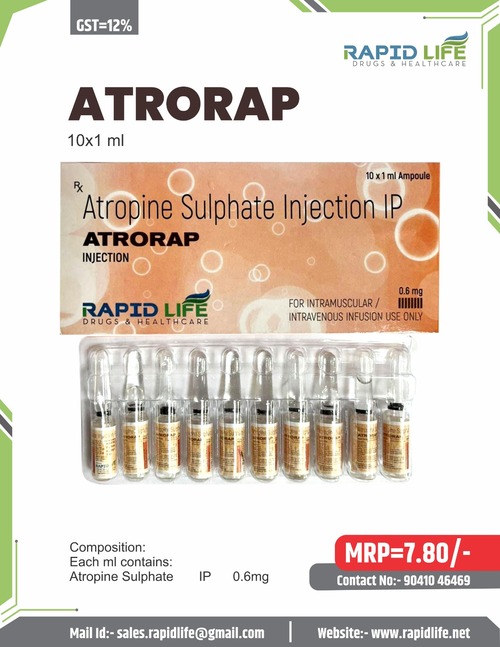
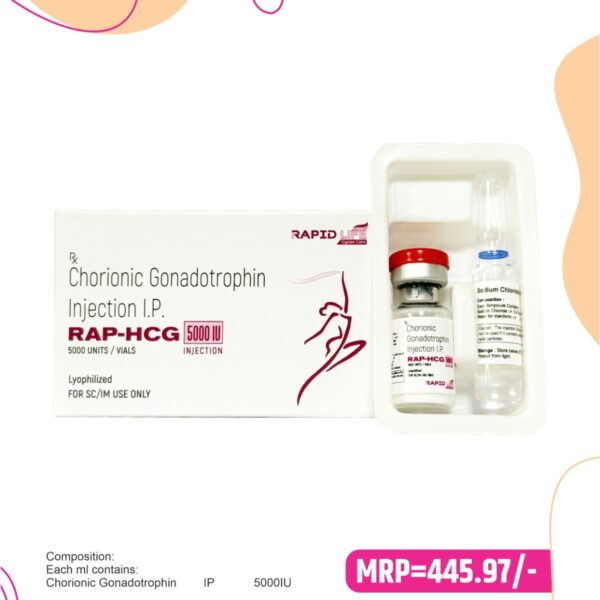
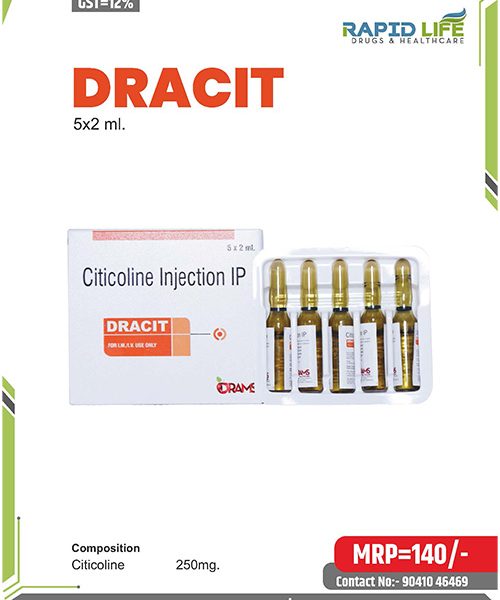
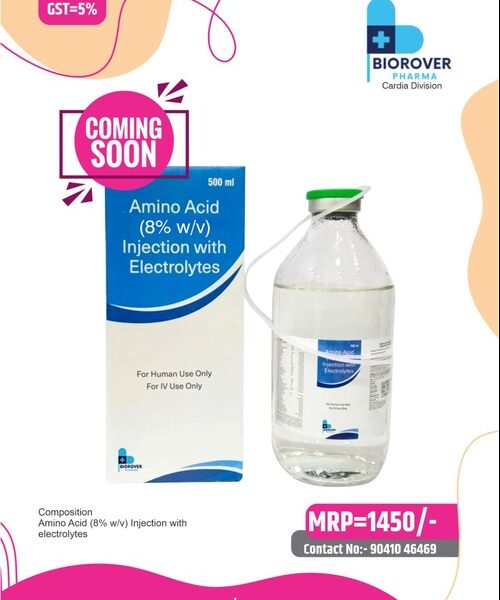
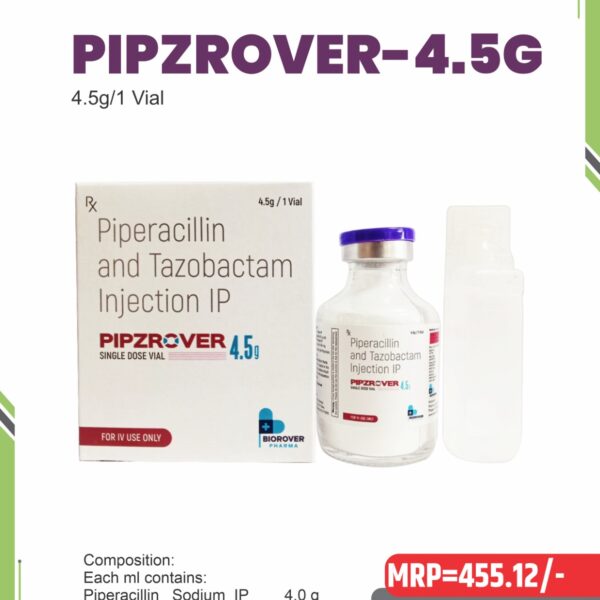





Reviews
There are no reviews yet.